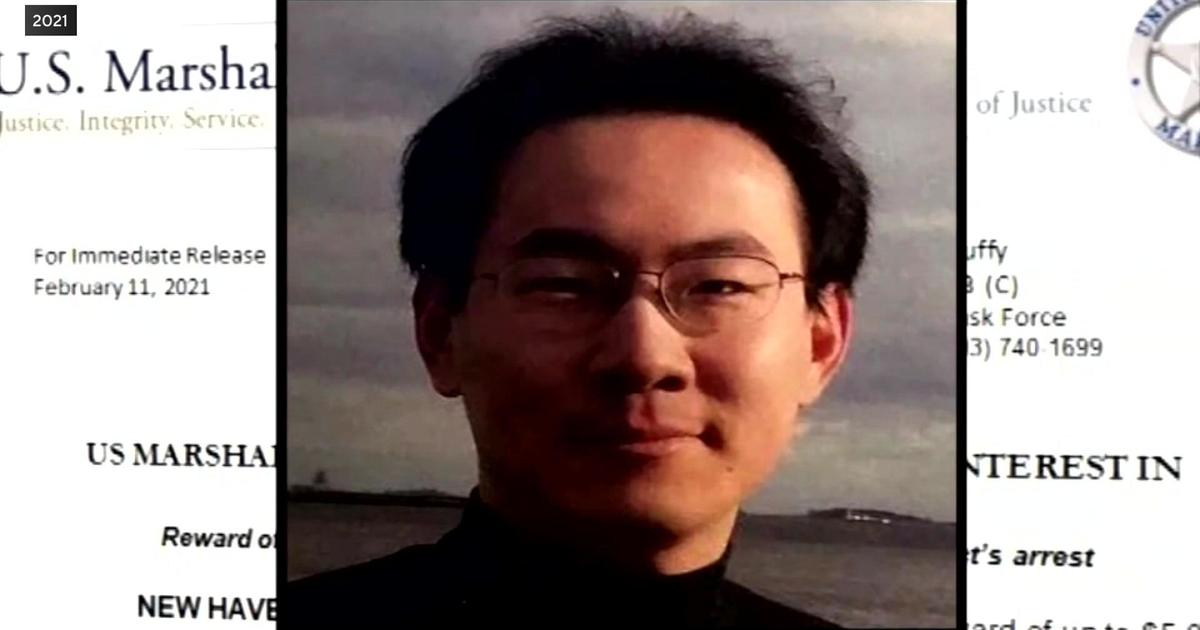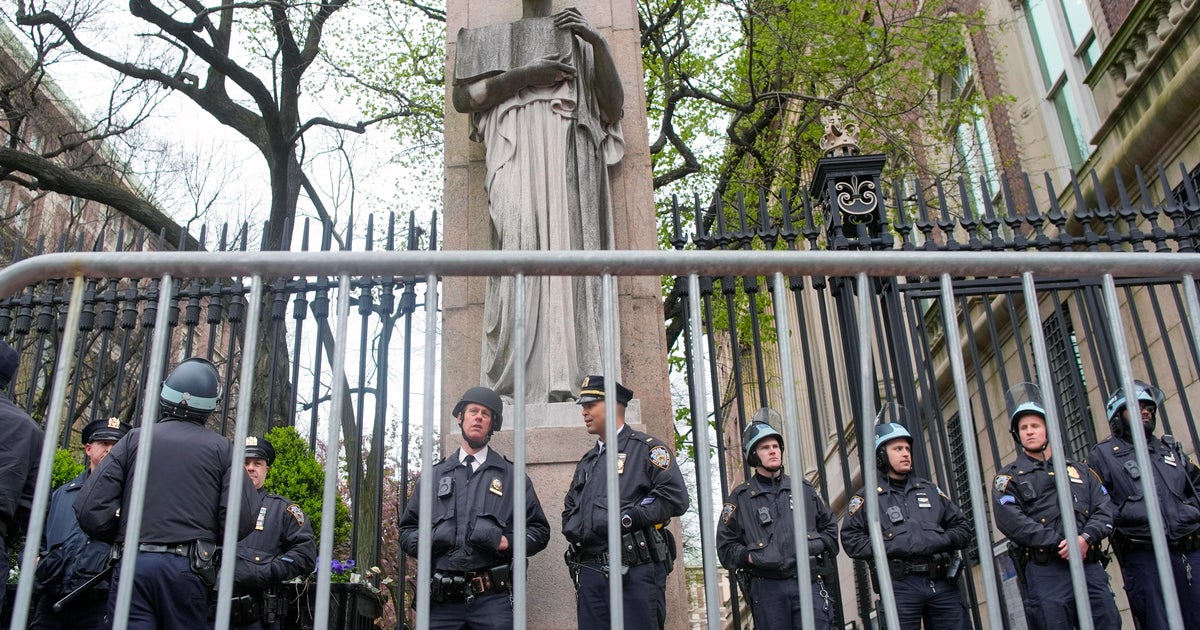Former Rutgers Student Pleads Guilty To Attempted Invasion Of Privacy In Tyler Clementi Case
NEW BRUNSWICK, N.J. (CBSNewYork/AP) -- A former Rutgers University student whose roommate killed himself after being captured on a webcam kissing another man has pleaded guilty to attempted invasion of privacy.
Dharum Ravi admitted to activating the camera in his dorm room on Sept. 21, 2010, anticipating that his roommate 18-year-old Tyler Clementi and another man were going to engage in sexual activity.
He also admitted he invited other people to watch.
Thursday's plea from Ravi comes after an appeals court last month threw out a 15-count conviction against him.
Clementi was a freshman in his first weeks at Rutgers when he jumped off the George Washington Bridge into the Hudson River.
His death sparked a national conversation about cyberbullying and homophobia.
Clementi's parents formed a foundation to address bullying and lesbian, gay, bisexual and transgender issues.
His father, Joe, told WCBS 880's Peter Haskell that he hopes a lesson has been learned.
"We call it bullying, but really it's intimidation, just kind of picking on people because they're different. In today's world, it's something that has to come to an end," he said.
Ravi was sentenced Thursday to probation plus 30 days in jail, and won't serve any additional time under the plea agreement. His original conviction resulted in a 30-day jail sentence, although he could have gotten up to 10 years in prison.
Afterward, his lawyer Steven Altman told reporters outside the courtroom that Ravi "just wants to disappear."
Jurors first heard testimony in 2012 during a three-week trial that in September 2010, Ravi saw his roommate and another man kissing when Ravi used a friend's computer to view a few seconds of live streaming video from the dorm-room. The jury heard testimony that Ravi told others about what he saw in person, texts, instant messages and tweets.
The jury convicted Ravi of bias intimidation, invasion of privacy and other crimes. But his lawyer appealed, citing a 2013 state Supreme Court ruling that focused on the alleged perpetrator's intent as more important than a victim's perception of alleged bias.
The appeals court agreed that the law could be applied retroactively and also ruled that evidence prosecutors used to prove bias "tainted the jury's verdict on the remaining charges, depriving defendant of his constitutional right to a fair trial."
(TM and © Copyright 2016 CBS Radio Inc. and its relevant subsidiaries. CBS RADIO and EYE Logo TM and Copyright 2016 CBS Broadcasting Inc. Used under license. All Rights Reserved. This material may not be published, broadcast, rewritten, or redistributed. The Associated Press contributed to this report.)



